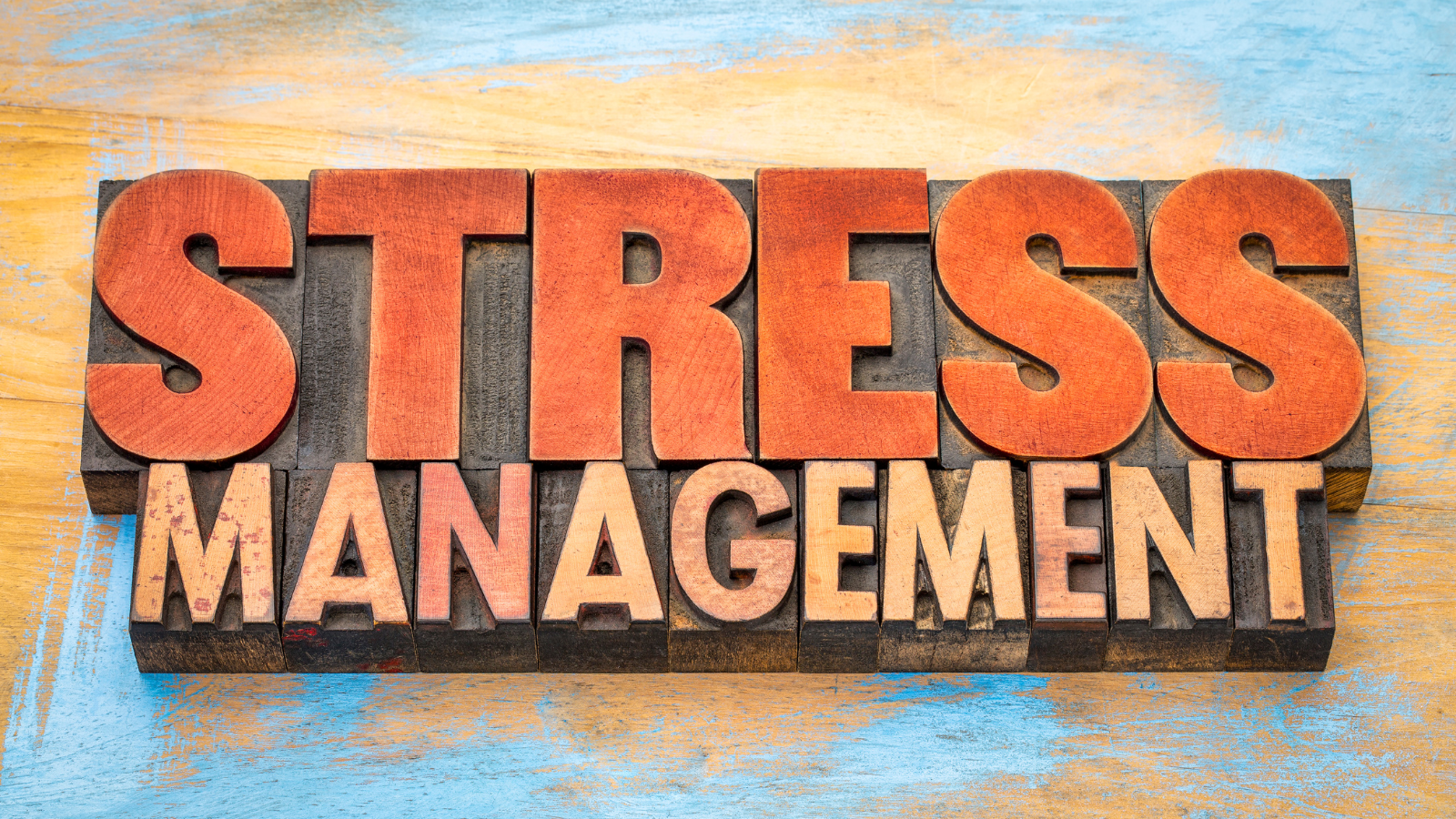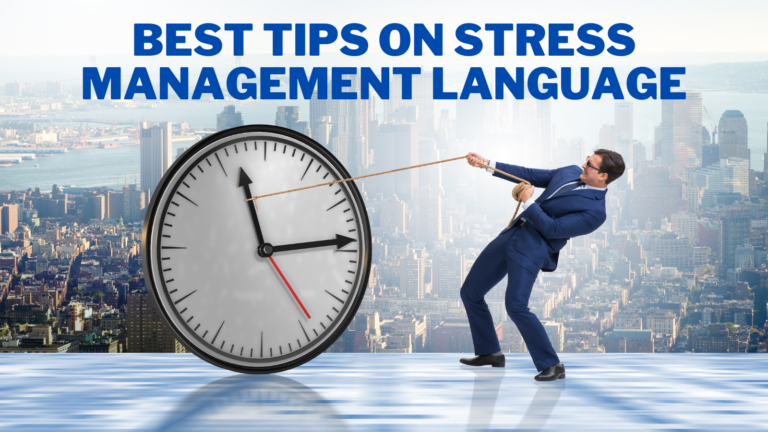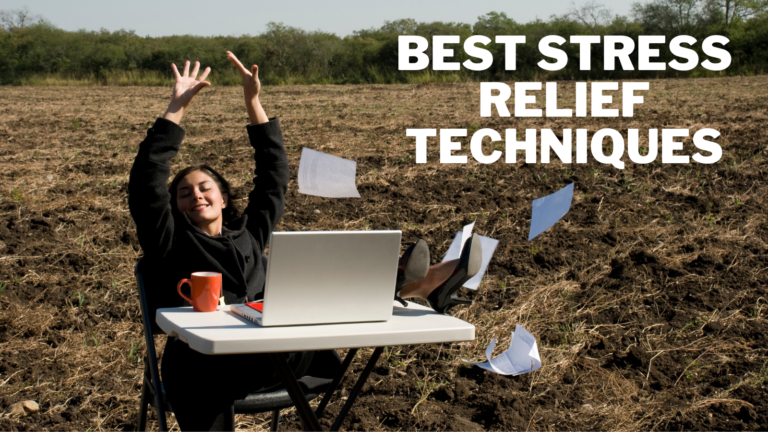Best Stress Management Tips
Best Stress Management Tips
Life will always involve some stress, and while some can be good for us, too much stress can harm our physical and emotional well-being.
If you're feeling overwhelmed, anxious, or irritable, you may need to take steps to manage your stress levels.
This blog will share practical stress management tips to help you cope with stress, including relaxation techniques, lifestyle changes, and other self-care strategies.
Whether you're dealing with work-related stress, relationship issues, or other challenges, these stress management tips can help you feel more centred, calm, and in control of your life.
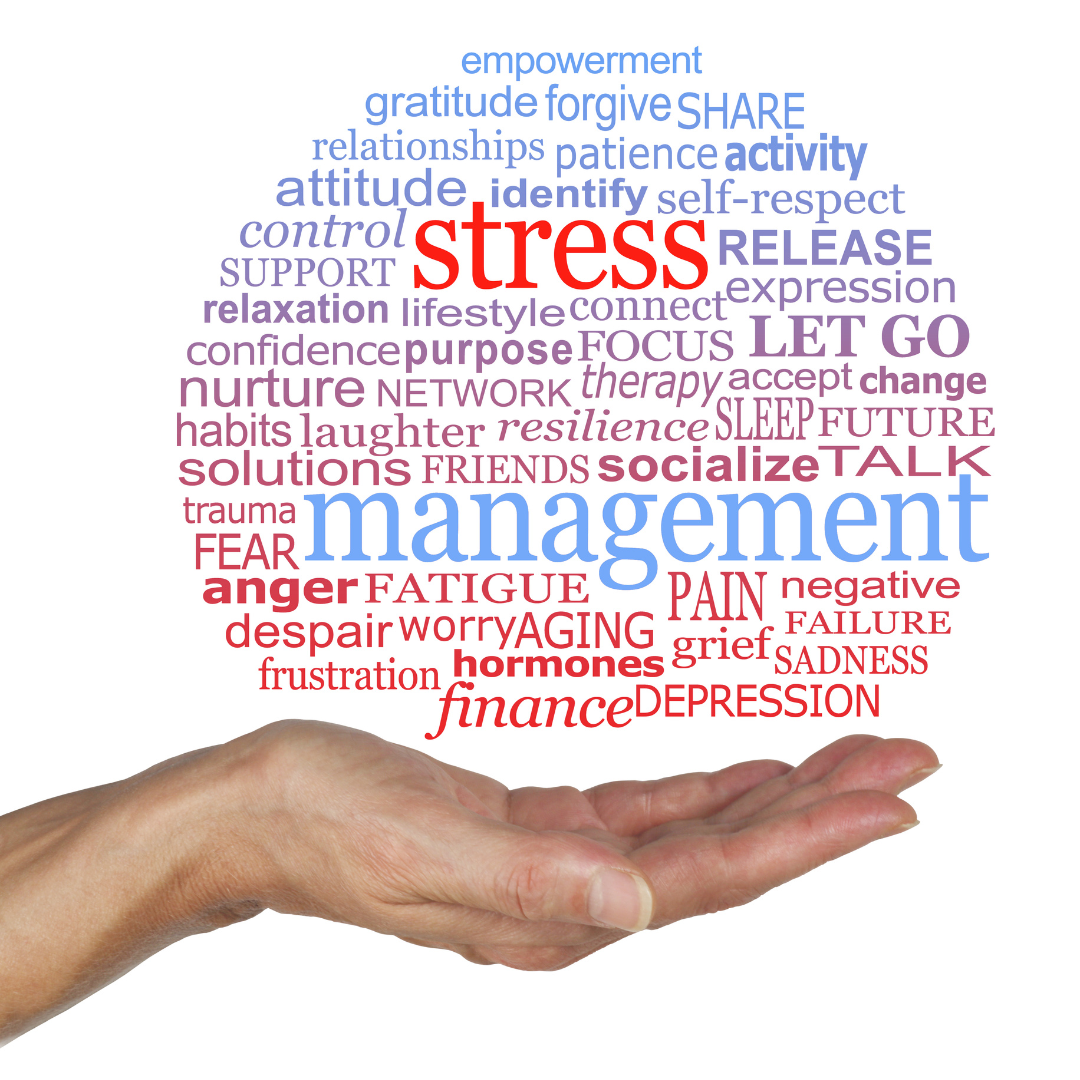
What Is Stress Management?
Stress management refers to adopting strategies and techniques to cope with and reduce the negative effects of stress on an individual's physical, emotional, and mental health.
Stress is a normal part of life that various things, including work, relationships, problems with money, and health issues, can bring on.
While some stress can be beneficial, chronic or excessive stress can lead to various negative physical and emotional symptoms, including headaches, muscle tension, high blood pressure, anxiety, depression, and insomnia.
Managing stress involves learning to recognize the signs and causes of stress, understanding how it affects the body and mind, and adopting effective techniques to reduce its impact.

The Importance Of Stress Management
Stress is a natural part of life, and it can serve as a motivator to help individuals stay focused, achieve goals, and cope with challenges. However, too much stress can harm an individual's health, leading to negative physical and emotional symptoms. This is where stress management comes in.

1. Improves Physical Health
Chronic stress is a serious issue that can lead to many physical health problems. High blood pressure, heart disease, and digestive problems are just some potential consequences of chronic stress. These health issues can significantly impact an individual's quality of life and even be life-threatening.
However, the good news is that by adopting stress management techniques, individuals can reduce the negative effects of stress on the body and promote overall physical well-being.
Exercise can help release endorphins, organic mood-boosting chemicals that can help reduce stress and anxiety, making it a particularly effective stress management strategy. Exercise can also help improve cardiovascular health, strengthen muscles and bones, and promote weight loss.
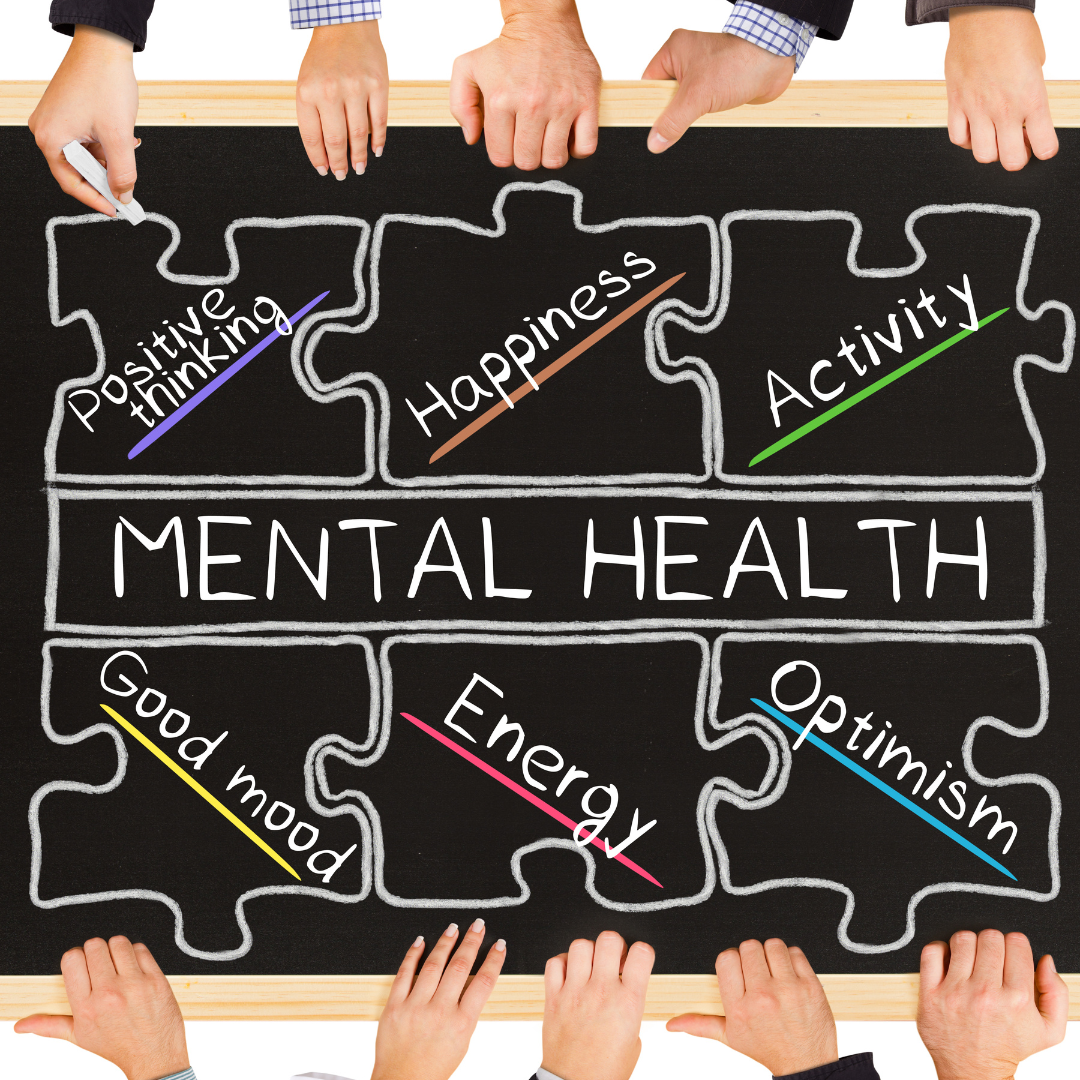
2. Enhances Mental Health
Excessive stress can harm a person's emotional health. Anxiety, depression, and other mental health problems can result from chronic or overwhelming worry.
These conditions can significantly impact an individual's quality of life, relationships, and ability to function in daily life. Individuals can manage stress and improve their mental health with stress management techniques.
Therapy, for example, can be a particularly effective stress management technique, as it can help individuals identify the source of their stress and develop coping mechanisms to manage it.
Cognitive-behavioural therapy (CBT), for instance, is a type of therapy that helps individuals change negative thought patterns and behaviours that contribute to stress.

3. Boosts Productivity
Stress is a common experience for many individuals, and it can significantly impact their productivity and overall well-being. When stress levels are too high, it can be challenging for individuals to concentrate and focus on their tasks, leading to decreased productivity and performance.
Effective stress management techniques can help individuals to reduce their stress levels, allowing them to stay focused and engaged in their work. Some effective stress management techniques include exercise, mindfulness meditation, deep breathing exercises, and time management strategies.

4. Improves Relationships
Stress can be detrimental to relationships, as it can cause individuals to become irritable, impatient, and disconnected from others. High-stress levels can also lead to a lack of communication, misunderstandings, and conflict, which can strain relationships.
Effective stress management techniques can help individuals to reduce their stress levels and improve their relationships. When individuals manage their stress effectively, they can better communicate with others, be more present in their relationships, and build stronger connections.

5. Enhances Quality Of Life
Chronic stress can significantly impact an individual's quality of life, leading to frustration, dissatisfaction, and unhappiness. When stress levels are too high, individuals may experience physical and mental health problems, relationship difficulties, and decreased job satisfaction.
Effective stress management techniques can help individuals improve their well-being, leading to a more fulfilling and enjoyable life. By managing stress effectively, individuals can reduce their risk of developing chronic health conditions like heart disease, diabetes, and depression.
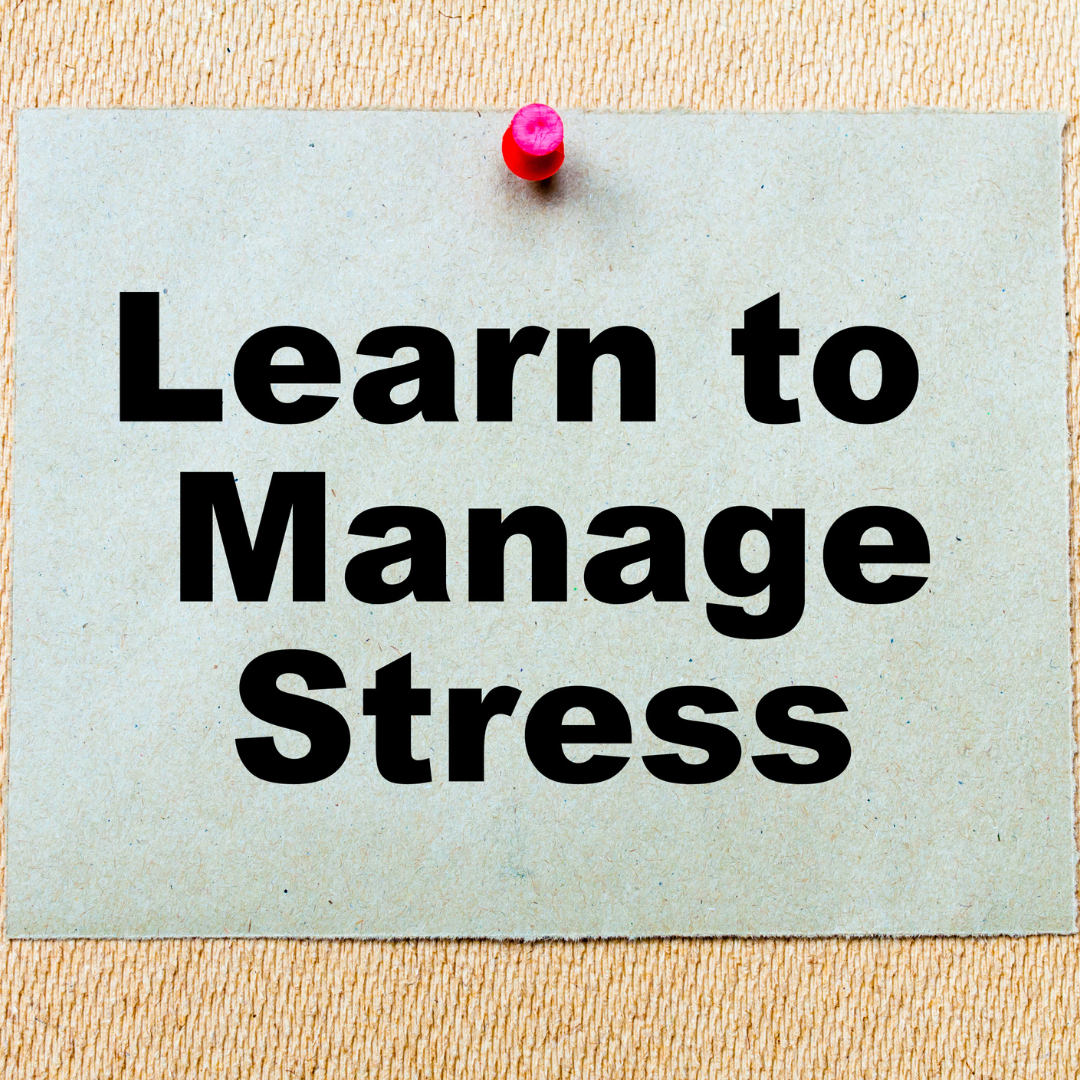
Stress Management Tips
Stress is a natural part of life, and it can come from various sources, such as work, relationships, and personal struggles. However, when stress becomes chronic, it can have serious consequences on your mental and physical health. That's why it's important to manage stress effectively.

1. Identify The Source Of Stress
Identifying the source of stress is an essential step in managing stress effectively. Stress can have many sources, including work, relationships, financial difficulties, health problems, and other life events.
To manage stress effectively, individuals need to take some time to reflect on what triggers their stress and try to identify patterns in their behaviour or environment that may be contributing to it. This process may involve keeping a stress journal or talking with a trusted friend or therapist.
By identifying the source of stress, individuals can develop a plan to manage their stress more effectively. This plan may involve lifestyle changes, such as exercising more, improving time management skills, or seeking professional help, such as therapy or counselling.

2. Practice Relaxation Techniques
Practicing relaxation techniques is an effective way to manage stress and promote feelings of calmness and relaxation. Relaxation techniques such as deep breathing, meditation, yoga, or tai chi can help individuals to reduce stress, improve mood, and promote overall well-being.
Deep breathing exercises can be done anywhere and anytime, and they can help individuals to reduce stress and anxiety quickly. To practice deep breathing, individuals should inhale deeply through their noses and exhale slowly through their mouths.
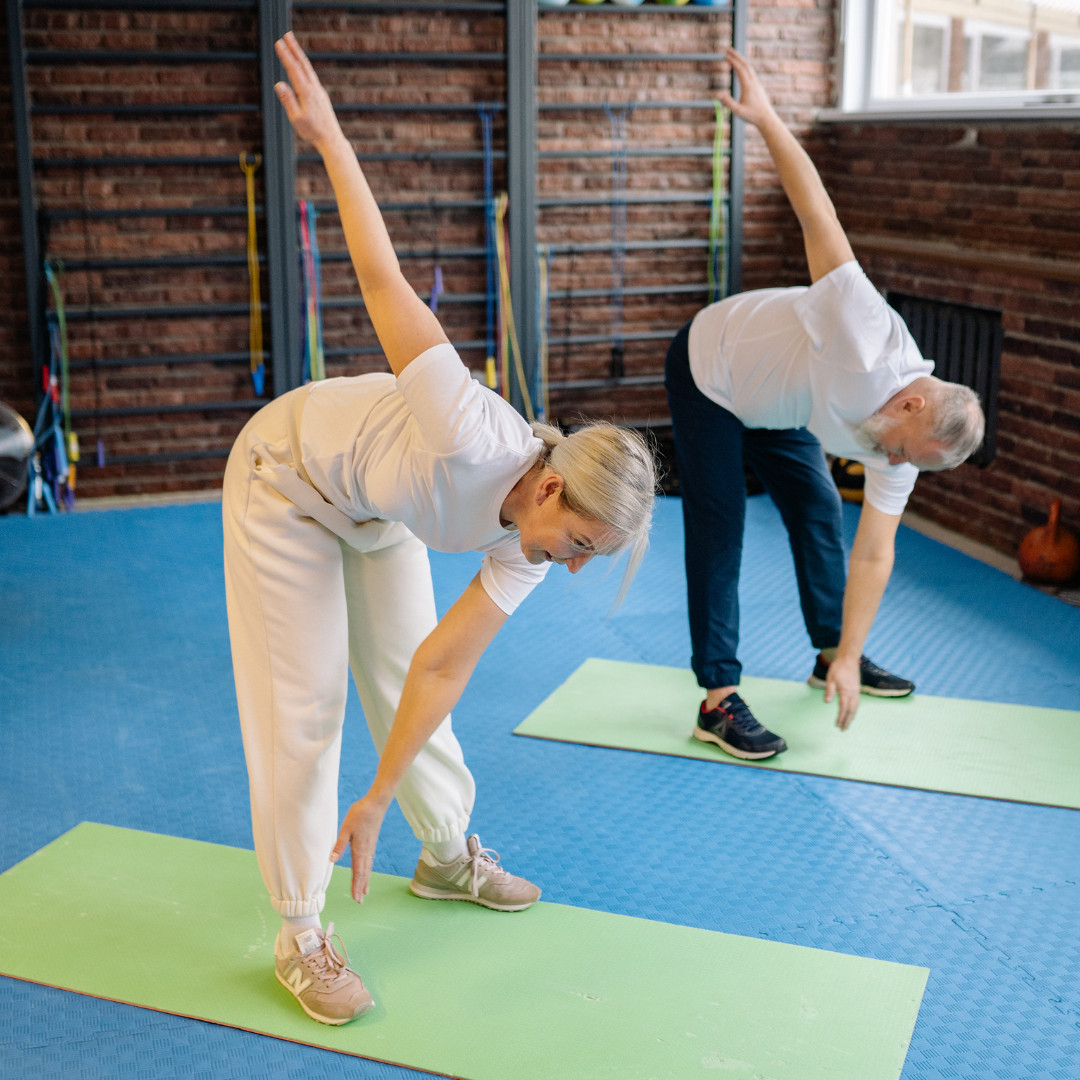
3. Exercise Regularly
Regular exercise is an effective way to reduce stress and improve overall health. Endorphins, which are natural mood enhancers and aid in lowering tension and anxiety, are released when people exercise.
Even a few minutes of physical activity daily can make a big difference in how individuals feel. Finding an enjoyable exercise that fits into daily routines can help individuals make exercise a regular part of their routine.
There are many different types of exercise that individuals can choose from, including walking, running, swimming, biking, and strength training. Choosing an enjoyable and sustainable exercise and setting realistic goals are important to ensure exercise becomes a regular part of daily routines.

4. Get Enough Sleep
Lack of sleep can contribute to stress and anxiety, so it is important to prioritize getting enough sleep each night. The recommended amount of sleep varies depending on age and individual needs, but most adults need between 7-9 hours each night. Creating a relaxing bedtime routine can help individuals to unwind and promote better sleep quality.
This can involve relaxing activities like having a warm bath, reading a book, or engaging in meditation or deep breathing exercises.
By providing the body with the nutrients it needs to operate at its best, a healthy diet can also assist people in managing their stress.
A balanced diet that includes plenty of fruits, vegetables, whole grains, and lean protein can help individuals to maintain a healthy weight, reduce the risk of chronic health conditions, and promote overall well-being. It's also crucial to stay moisturized throughout the day by consuming lots of water.

5. Practice Time Management
Time management is a key component in stress management. Feeling overwhelmed by a long to-do list can be a major source of stress, so it is important to use time management techniques to help you feel more in control.
One effective technique is to prioritize tasks. This involves identifying the most important and urgent tasks, including choosing the most crucial and urgent duties and finishing them first.
Breaking large projects into smaller steps is another effective time management technique. This can help you to avoid feeling overwhelmed by a large project and make it easier to manage and complete. By breaking a project into smaller, more manageable tasks, you can focus on one step at a time and reduce stress.

6. Set Boundaries
Setting boundaries is essential for maintaining healthy relationships and managing stress in your personal and professional life. By setting clear boundaries, you can communicate your needs and expectations to others and establish a sense of respect for your time and energy.
However, setting boundaries can be challenging, especially if you are used to accommodating others' needs at your own expense. It's important to remember that setting boundaries is not about being selfish or unkind but about taking care of yourself and prioritizing your well-being.
To set effective boundaries, start by identifying your limits and what you're willing and unwilling to do. Communicate your boundaries clearly and assertively without being aggressive or defensive. Be willing to say “no” to unreasonable demands or requests outside your comfort zone or capacity.
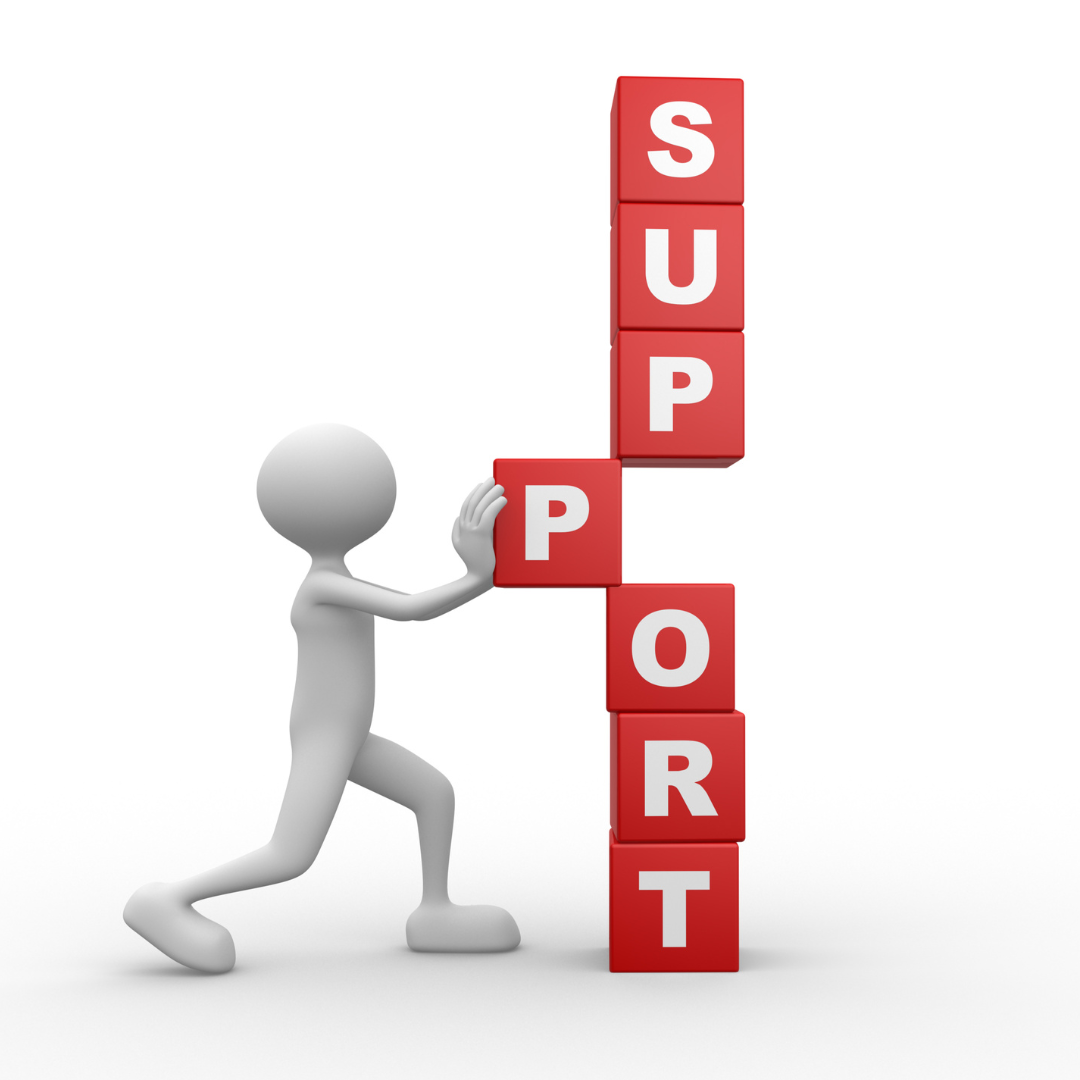
7. Seek Support
When dealing with stress or difficult emotions, seeking support from others can be an important part of managing your well-being.
Whether it's talking to a close friend or family member, reaching out to a support group, or seeking the help of a professional therapist, seeking support can help you gain perspective on your situation, process your emotions, and develop coping strategies.
It's important to remember that seeking support is not a sign of weakness but rather a strength. It takes courage to ask for help and be vulnerable with others about your struggles.

8. Practice Mindfulness
Mindfulness is a powerful technique that can help you manage stress, improve your mental and physical health, and enhance your overall well-being.
Mindfulness involves paying attention to the present moment without judgment, allowing you to be fully present and aware of your thoughts, feelings, and physical sensations.
There are many different ways to practice mindfulness, including meditation, deep breathing, and simply being more present and aware in your daily life.
Meditation entails sitting still, paying close attention to your breath or another object, and letting your ideas wander at will. Taking long, deep breaths while concentrating on how the air feels entering and exiting your body is known as deep breathing.

9. Take Breaks
Taking breaks throughout the day is important for managing stress and improving productivity. When you take breaks, you give your mind and body a chance to rest and recharge, allowing you to return to your work with renewed focus and energy.
There are many different ways to take breaks throughout the day, depending on your preferences and schedule. Some people find short breaks every hour helpful, while others prefer longer intervals at certain times.
Practicing gratitude is a powerful tool for managing stress and promoting a positive mindset. By focusing on what you're grateful for, you can shift your perspective from negativity and worry to positivity and appreciation.
One way to practice gratitude is to take a few minutes each day to write down three things you're grateful for. These can be small things, such as a delicious meal or a warm hug, or bigger things, such as a supportive friend or a fulfilling job.

10. Engage In Hobbies
Engaging in hobbies and activities, you enjoy can be a powerful tool for managing stress and improving your overall well-being.
Hobbies provide a sense of enjoyment and fulfillment, allowing you to take a break from the stress and demands of everyday life.
There are many different hobbies and activities that you can engage in, depending on your you interests and preferences. Some enjoy reading, writing, or watching movies, while others prefer more active pursuits like hiking, dancing, or playing sports.

11. Laugh More
Laughter is a powerful tool for managing stress and improving mood. When you laugh, your body releases endorphins, natural chemicals that can help reduce pain and promote well-being.
There are many different ways to incorporate laughter into your daily life. Watching a funny movie or TV show, reading a humorous book, or listening to a comedy podcast can all be great ways to get a good laugh. Spending time with friends or family members who make you laugh can also be a powerful way to reduce stress and promote positive emotions.

12. Connect With Nature
Studies have shown that spending time in nature can help reduce levels of the stress hormone cortisol in the body. Exposure to natural environments such as parks, forests, and beaches can calm the body and mind.
Studies have shown that spending time in nature can improve attention, memory, and creativity. Walking is a low-impact exercise that can help reduce stress levels. Walking in nature provides additional benefits, exposing you to fresh air, sunlight, and natural scenery.
Spending time in nature can also help reduce anxiety and promote relaxation. This is partly due to the calming effect of natural scenery and the exposure to fresh air and natural sounds.
Exposure to natural environments can provide a sense of awe and wonder that can help reduce stress levels. The beauty and complexity of natural scenery can help put problems into perspective and promote feelings of gratitude and appreciation.

13. Connect With Others
Connecting with others can be a powerful tool for managing stress. Social support is a critical component of emotional well-being, and having a network of supportive friends and family members can help buffer the effects of stress.
Spending time with loved ones can provide a sense of belonging and help foster a positive outlook. This can be especially important during stress or crisis when feelings of isolation and helplessness can be overwhelming.
Joining a support group can also be helpful. Support groups provide a safe space for individuals to share their experiences and connect with others who are going through similar challenges. Support groups can be found for various issues, such as grief and loss, chronic illness, and addiction recovery.
Volunteering in your community is another way to connect with others and manage stress. Helping others can provide a sense of purpose and fulfillment and can help shift the focus away from personal problems. Volunteering provides opportunities to meet new people and expand your social network.
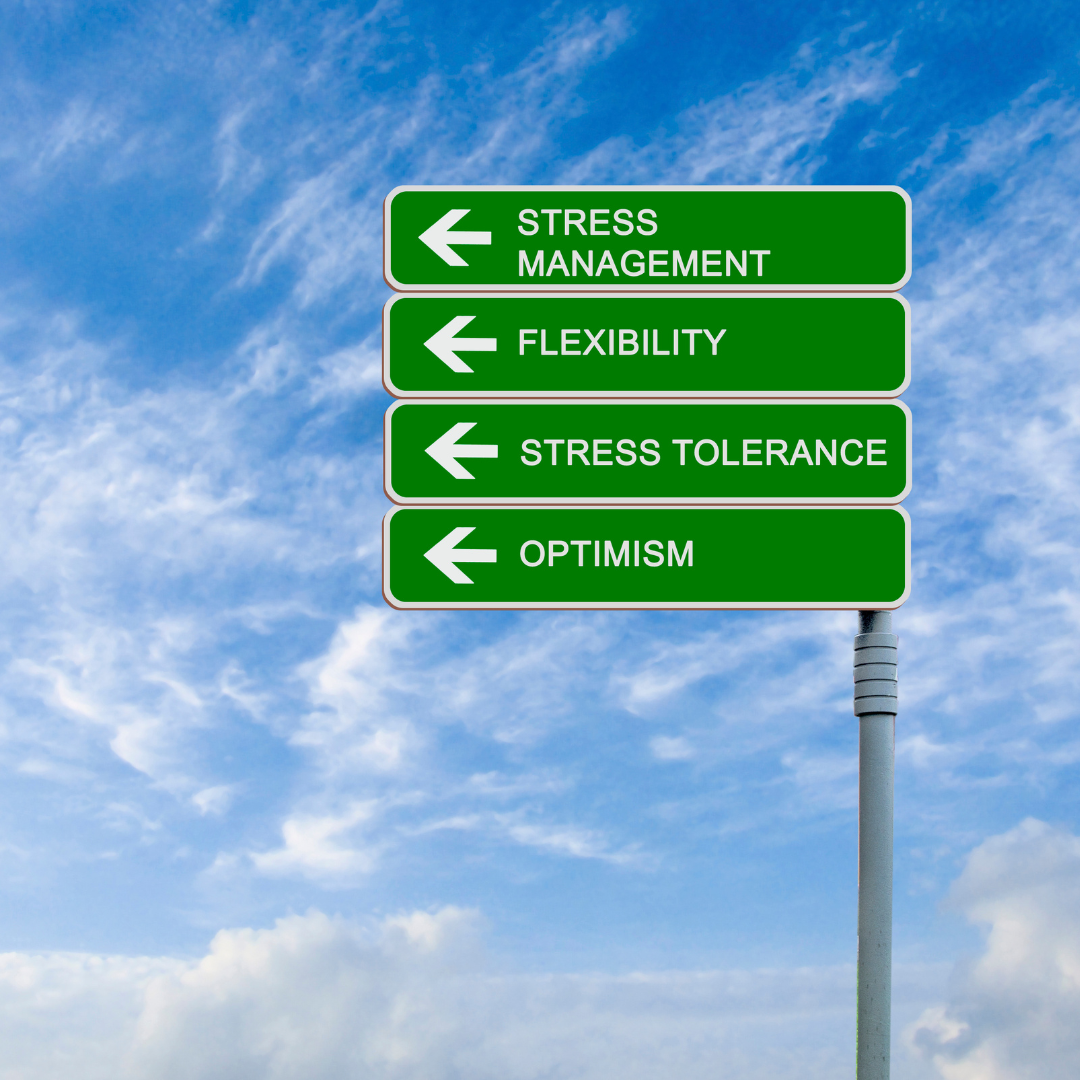
Conclusion
Stress is a common experience for many people, and it can seriously affect your mental and physical health. However, you can reduce stress and improve your well-being with the right management techniques and strategies.
Remember to
- Identify the source of your stress
- Practice relaxation techniques
- Exercise regularly
- Get enough sleep
- Eat a healthy diet
- Practice time management
- Set boundaries
- Seek support
- Practice mindfulness
- Take breaks
- Practice gratitude
- Engage in hobbies
- Avoid unhealthy coping mechanisms
- Laugh more, and
- Connect with nature and others
Incorporating these stress management tips into your daily routine allows you to develop the skills and habits necessary to manage stress more effectively. Remember that managing stress is a lifelong process requiring commitment and practice.
Be patient with yourself, and don't be afraid to seek professional help if you need it. You can learn to manage stress effectively and live a happier, healthier life with time and effort.
I trust you enjoyed this article about the Best Stress Management Tips. Please stay tuned for more blog posts to come shortly.
JeannetteZ
>>>Please click here to read my all-inclusive article about Lessons That Will Teach You All About Stress<<<
>>>Are you interested in Natural Healing And Stress Relief through Herbs? Please click here for my #1 Recommendation<<<
Your Opinion Is Important To Me
Thoughts? Ideas? Questions? I would love to hear from you. Please leave me your questions, experience and remarks about the Best Stress Management Tips in the comments section below. You can also reach me by email at Jeannette@Close-To-Nature.org.
Disclosure
This post may contain affiliate links. I earn from qualifying purchases as an Amazon Associate and other affiliate programs. Please read my full affiliate disclosure.
You might also enjoy these blog posts:
How Stress Affects Your Health
Best Stress Relief Toys For Kids

